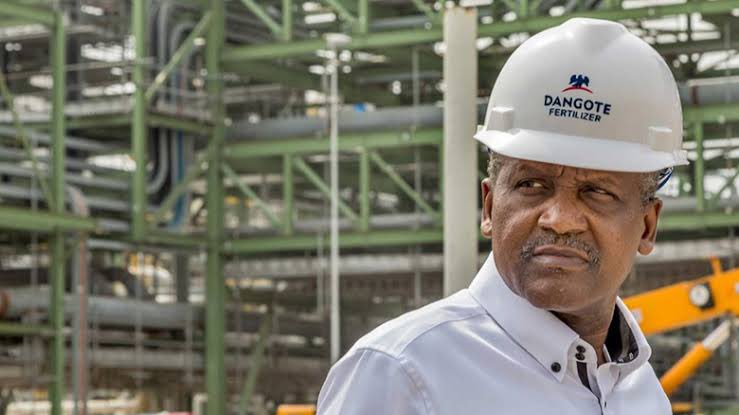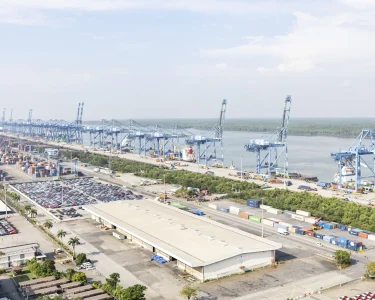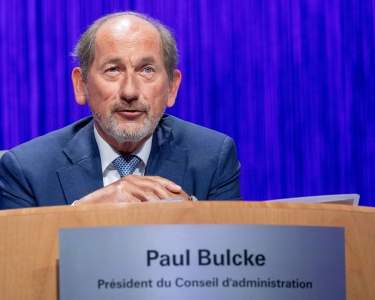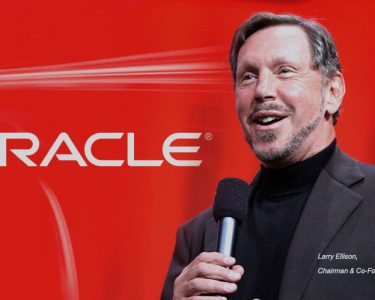Africa’s richest man, Aliko Dangote, says his refinery and new initiatives are reshaping Nigeria’s energy and industrial landscape. Speaking in Lagos at a conference marking one year of petrol production from the 650,000 barrels-per-day refinery, Dangote highlighted job creation, reduced fuel prices, and expanded investment in critical sectors.
According to him, the company’s decision to deploy 4,000 compressed natural gas (CNG)-powered trucks will directly create at least 24,000 jobs across the country. The initiative, he explained, will not only employ drivers but also mechanics, fleet managers, and other professionals needed to support the transport network.
“Our employees earn salaries three times the minimum wage. Our drivers receive a living wage, life insurance, health insurance covering themselves, their spouses, and up to four children, as well as a lifelong pension,” Dangote said.
Reflecting on the impact of the refinery, he disclosed that petrol prices had dropped significantly from nearly N1,100 before operations began to N841 in the South-West, Abuja, Delta, Rivers, Edo and Kwara States. He described this as the dawn of a “new era” in Nigeria’s downstream sector, one that has struggled with fuel queues since 1975.
“Despite opposition and economic headwinds, we have proven it is possible to industrialise. What we have done is not to take food from anyone’s table, but to make Nigeria and Africa proud,” he added.
Apart from the fuel, Dangote said the refinery is positioning Nigeria as the refining hub of Africa while setting sights on becoming the world’s largest producer of fertiliser and a major exporter of polypropylene. These ventures, he noted, will generate foreign exchange, stimulate growth in other industries, and further reduce the continent’s dependence on imports.
Dangote called for stronger legislative support for Nigeria’s industrialisation drive, urging the National Assembly to back the Federal Government’s “Nigeria First” policy. He argued that Africa cannot rely on outsiders for development, stressing that exporting jobs through heavy imports only deepens poverty.
“My goal is to see Africa prosper. We have the fastest-growing population in the world. Unless we industrialise, we will continue to lose opportunities. The challenges are many, but the opportunities are greater,” he said.







